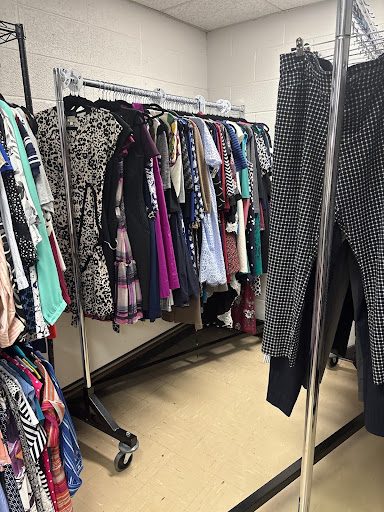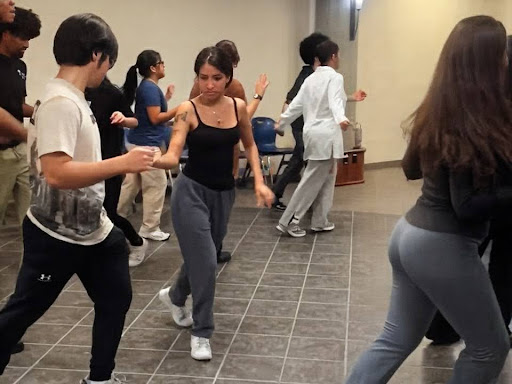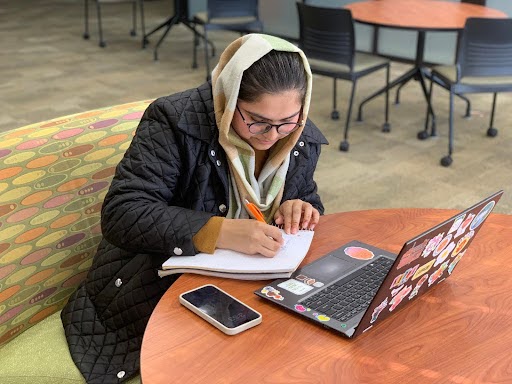The Office of Academic Affairs at Utica University is currently strategizing ways to improve graduation and retention rates and support student success. A retention committee composed of faculty, staff and students has been formed to drive the effort.
Retention rates are determined by the number of students who return to a university after their first year. According to the Department of Education, the midpoint graduation rate for four-year institutions is 58%. On that scale, Utica University falls just below at 54%. In 2022, the retention rate for first-time, full-time students was 73.4%. In 2019, it was 77.9%.
Dean of Student Success Beth Samuels said a major factor contributing to lower graduation and retention rates is the university’s cost of attendance.
“The number one reason why students withdraw from Utica is cost,” she said. “That’s just plain and simple. It comes down to cost and dollars and cents.”
According to Samuels, the committee is currently in the “investigative stage.” Members are examining and analyzing retention and graduation rates for all Utica University students, including traditional undergraduates, online students, graduate students, and those at the Florida campus.
“The retention committee is divided into subcommittees,” Samuels said. “Each subcommittee is kind of doing our own research on ‘what’s the student experience like in regards to academic performance and satisfaction, what is the student experience like outside of the classroom [as] in athletics [and] in the residence halls.’ ”
While the university is unable to control how much federal aid a student receives, Samuels said the committee is focusing on factors within their control.
“We are looking at what are the other things Utica controls [such as] the quality of education, student life, student engagement, academic performance,” she said.
Co-Chair of the Retention Commute and Dean of Humanities and Social Sciences Dr. Jason Denman said individualized plans for students’ success are being prioritized for the future.
“We want to individualize everything we do as much as possible,” he said. “I think [Utica] is built on that basic principle.”
An individualized approach allows for the university to “troubleshoot a student’s route” and cater to each student’s needs, whether they want to graduate at a quicker pace or a slower one.
“We need to guarantee graduation,” Samuels said. “We need to work with each student in an individualized and personable way. If a student wants to graduate in three years and they are academically able and capable of doing that, let’s support that student in doing a three-year plan.”
The research and planning will continue for the retention committee and other offices at the university that handle student success until formal recommendations are made in May 2024.
“I hope we improve both our retention and graduation rates–and I think I speak for my colleagues on the Joint Cabinet when I say that,” said Dr. Ann Damiano, vice president for institutional effectiveness and dean for academic assessment. “President Todd [Pfannestiel] wants an 80% retention rate for this year’s cohort. I think we can do it.”







































































































































![President Todd Pfannestiel poses with Jeremy Thurston chairperson Board of Trustees [left] and former chairperson Robert Brvenik [right] after accepting the university's institutional charter.](https://uticatangerine.com/wp-content/uploads/2023/10/unnamed.jpeg)

